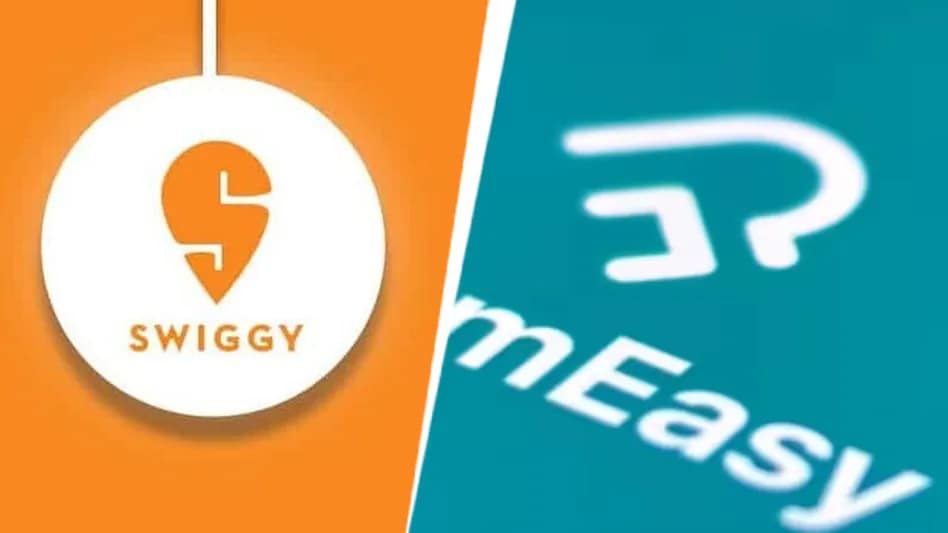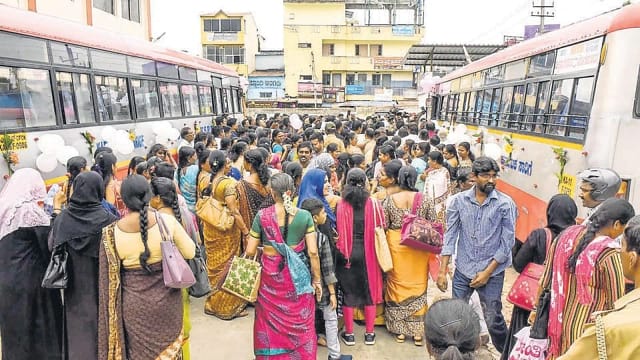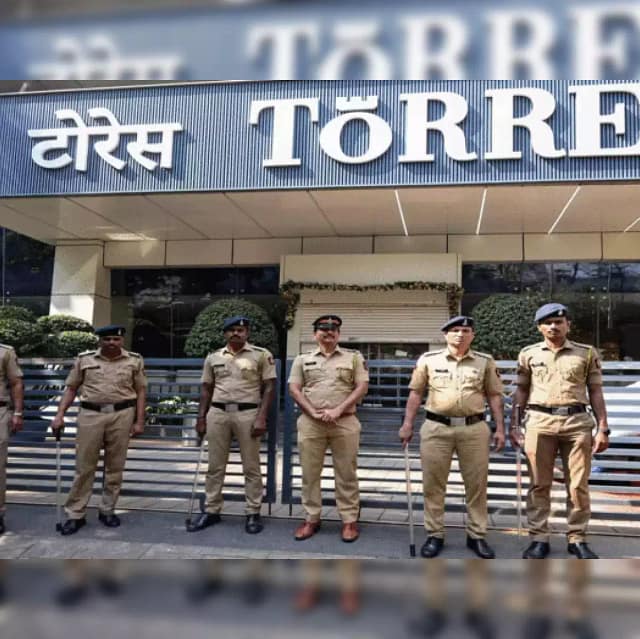Swiggy’s new partnership with PharmEasy to deliver medicines in just 10 minutes has raised serious concerns about public health and safety, as experts, trade associations, and citizens react with alarm over the potential risks.
The delivery service, which aims to distribute medicines through Swiggy’s grocery platform, Instamart, has been branded as “dangerous” by several healthcare organizations. Under the rapid delivery model, drugs are transported from dark stores directly to customers in an astonishingly short time frame, leaving little room for the necessary checks and safeguards typically associated with pharmaceutical distribution.
The All India Organisation of Chemists and Druggists (AIOCD) has already voiced strong opposition, urging the Drugs Controller General of India (DCGI) to intervene and halt the partnership. They argue that this ultra-fast delivery model bypasses essential regulatory processes, such as prescription verification and patient identification, which could jeopardize patient safety.
The concern is not just regulatory but also a public health issue. Experts are warning that such a model could lead to the circulation of counterfeit or expired medications, undermining the safety of the nation’s drug supply. With growing fears over antimicrobial resistance (AMR) and the misuse of prescription drugs, critics are worried that this model may contribute to the escalation of these public health crises.
“The ultra-fast delivery model compromises essential standards that are critical to patient safety,” said one medical professional, voicing the concerns of many in the healthcare community. “This partnership could lead to a situation where patients receive the wrong medication, or worse, counterfeit drugs, putting their health at risk.”
Prioritize public health over corporate profits. #StopSwiggyPharmacy
— Mrinal Manjari (@Mrinal_manjari0) November 12, 2024
While Swiggy and PharmEasy have emphasized the convenience of the service, claiming it provides quick access to essential medications, the backlash has been swift. Many online discussions highlight the potential consequences of such unregulated operations, questioning the balance between convenience and safety.
Can we trust a company with a questionable food safety record to handle our medicines? #StopSwiggyPharmacy
— Its Me (@Godchil_d34) November 12, 2024
On social media, users have raised alarms, asking whether a rapid drug delivery service could prioritize profit over patient care. “10 minutes sounds convenient, but are they ensuring the quality and safety of the drugs?” one Twitter user commented. “This is a recipe for disaster.”
Don't play with the health of the general public.?
— Sanjana Jaiswar (@JaiswarSanjana4) November 12, 2024
#StopSwiggyPharmacy pic.twitter.com/LTuPxqPzK7
For now, the partnership remains intact, but public scrutiny is growing. The government and health regulators are under increasing pressure to evaluate the potential risks posed by such collaborations. As debates unfold, Swiggy’s rapid medicine delivery model may face a tough road ahead in terms of both public approval and regulatory scrutiny.
As the situation develops, the AIOCD’s calls for stricter oversight grow louder, with the association committed to safeguarding the role of traditional chemists in drug distribution. The safety of India’s public health may depend on how quickly regulatory bodies respond to the growing concerns surrounding this new partnership.







